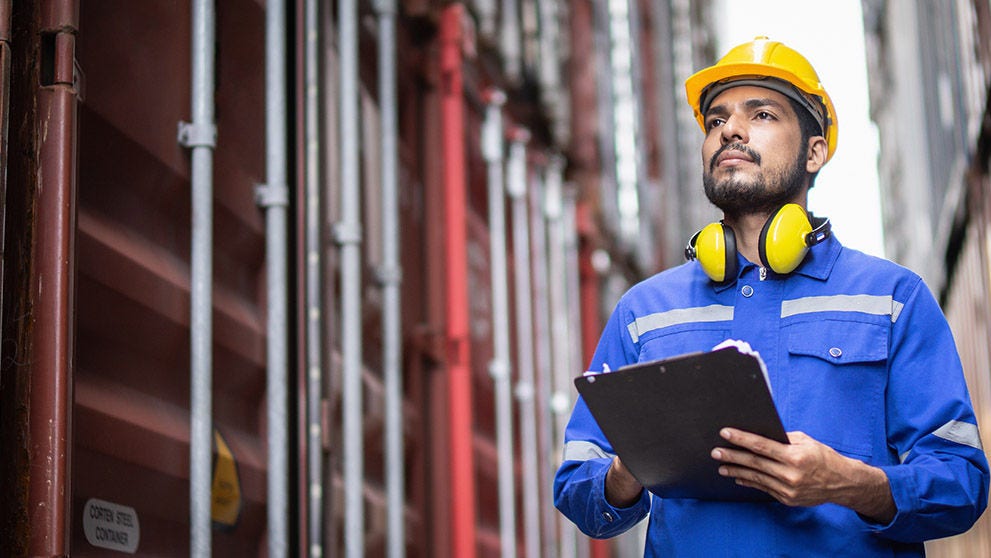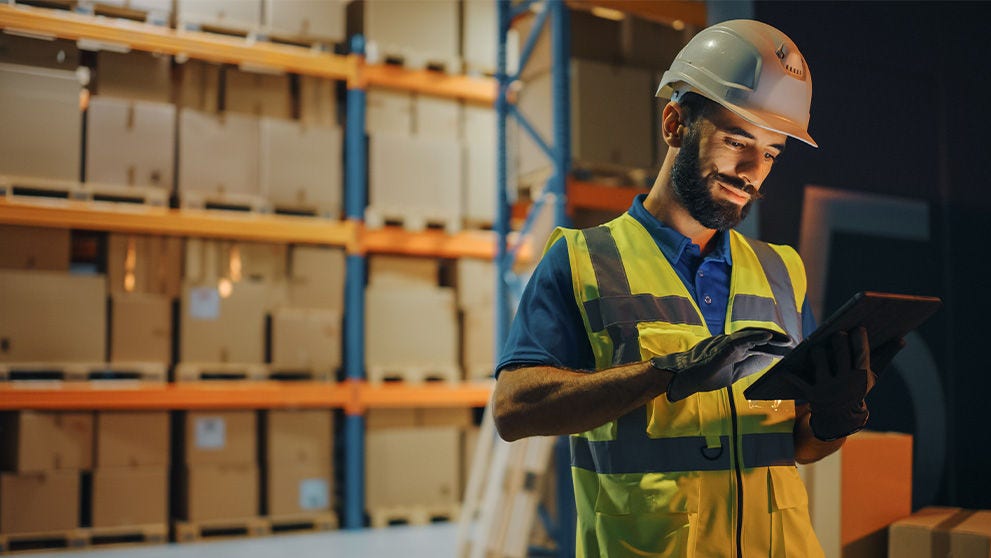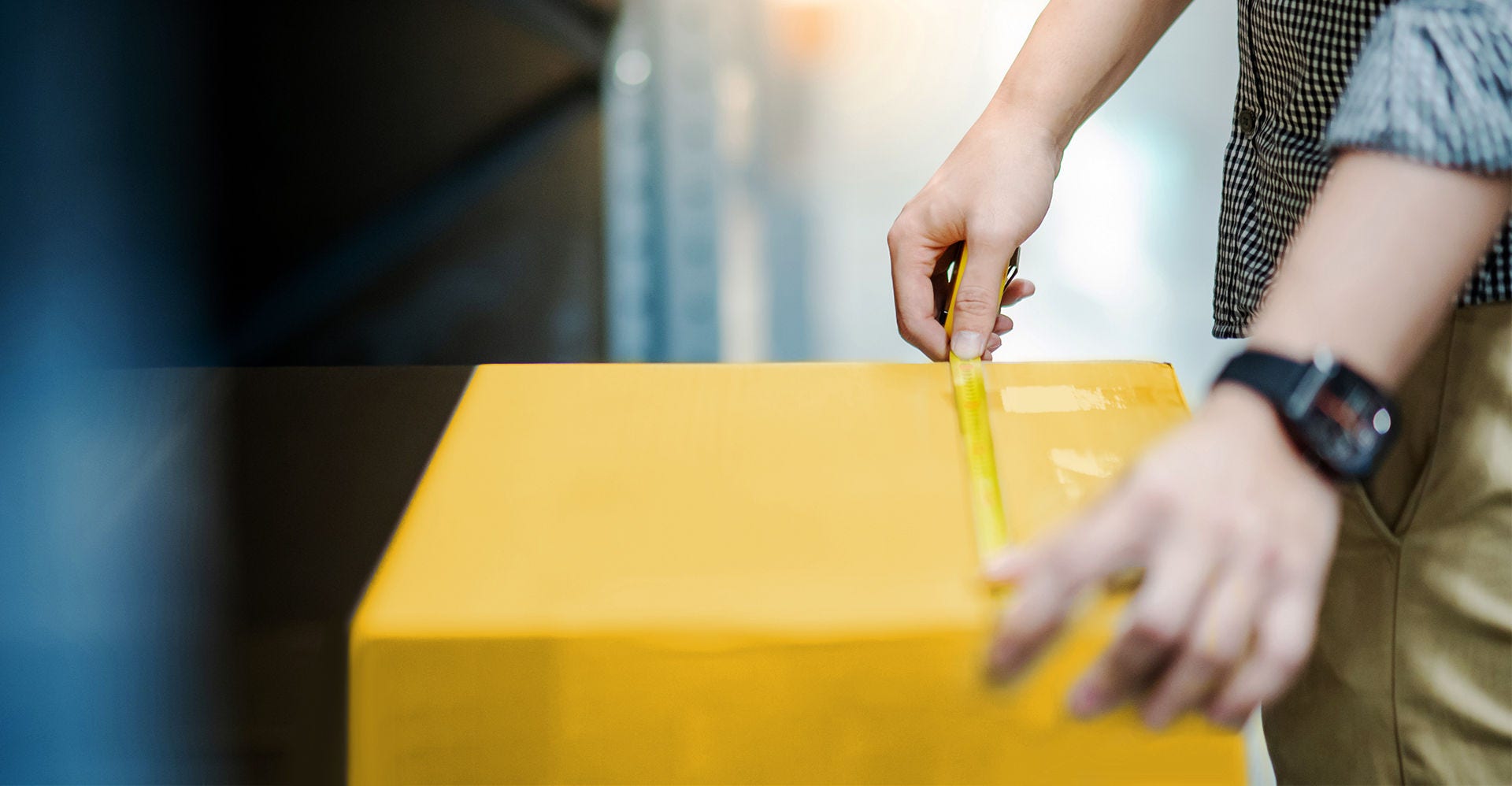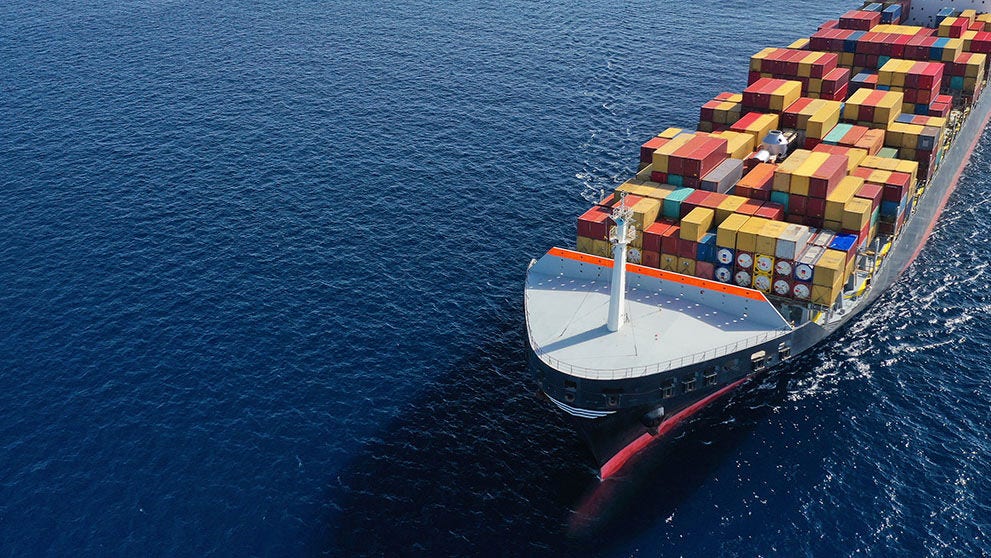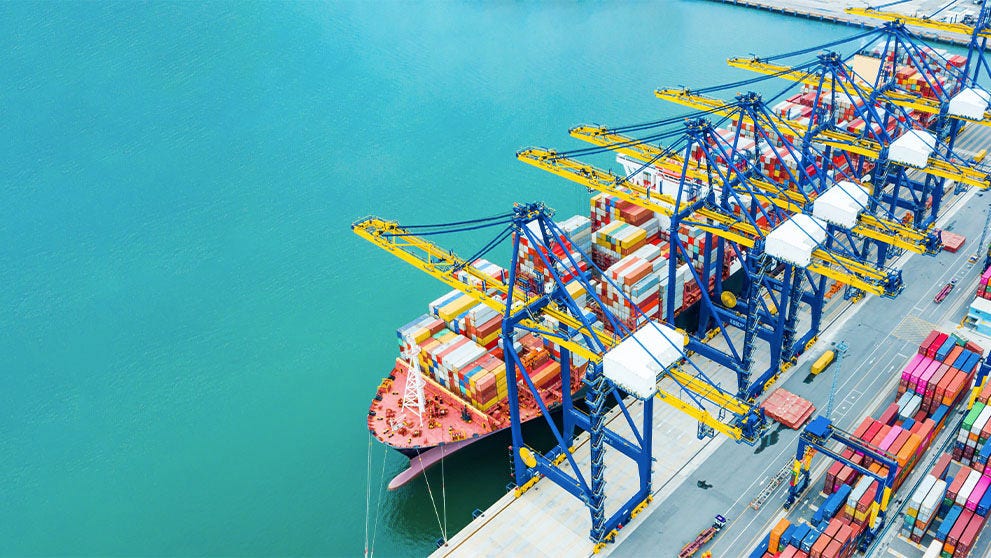
Indonesia stands as a true giant in the global coffee landscape, consistently ranking among the world’s top producers. Renowned in its diverse archipelago with around 17,000 islands, Indonesia cultivates and exports some of the world’s best coffee beans that are savored by discerning palates in major global consumer markets.
Aside from international trade, Indonesia’s thriving coffee industry helps sustain livelihoods, fuels economic growth, and introduces the world to the exceptional flavors born from its volcanic soils and dedicated farmers. For businesses looking to export Indonesian coffee beans and connect with the world’s coffee aficionados, understanding global demand and logistics is a must.
Understanding the global demand for Indonesian coffee beans
Globally, coffee is recognized as one of the most popular beverages. Within 2023 and 2024, worldwide coffee consumption reached approximately 177 million 60-kilogram bags1.
Beyond the daily caffeine fix, the rise of specialty and craft coffee has profoundly influenced coffee exports worldwide, with a market estimated at US$ 101.6 billion in 20242. Consumers are increasingly seeking out high-quality and unique coffee varieties, displaying a willingness to pay a premium for beans. This trend presents a significant opportunity for Indonesian coffee producers, whose diverse environments yield a captivating array of beans with characteristics unlike anywhere else in the world.
Major coffee-consuming countries such as the USA, Germany, Japan, South Korea, Australia, and the nations within the European Union represent key target markets for Indonesian coffee. Moreover, the evolving global palate is opening doors for Indonesian producers to tap into niche markets that specifically value the exotic and nuanced flavors found in their beans. From single-origin micro-lots to sustainably sourced and ethically traded coffees, the demand for authenticity and quality aligns perfectly with the strengths of the Indonesian coffee industry.
Why Indonesian coffee is in demand
Indonesia’s reputation as a premier coffee producer is deeply rooted in its diverse coffee-growing regions, each contributing unique characteristics to the final brew. From the volcanic highlands of Sumatra to the fertile landscapes of Java and the mountainous regions of Sulawesi, Indonesia offers a remarkable spectrum of flavors and aromas. This diversity has given rise to several famous and highly sought-after coffees that command attention in the global market.
The unique flavors and varieties of Indonesian coffee are a key driver of their popularity. Names like the following all resonate with specialty coffee roasters and consumers worldwide:
- Sumatra Mandheling: Known for its earthy and bold profile.
- Java Arabica: Often exhibiting a medium body and bright acidity.
- Sulawesi Toraja: Prized for its full body and complex notes.
- Kopi Luwak: The exceptionally rare and with a very smooth body.
- Gayo Coffee: From the central Aceh Gayo highlands, and is strong and complex.
- Toraja Kalossi: Has a rich, earthy body and smooth finish.
These rich flavors, often described as earthy, syrupy, chocolatey, and spice-toned, set Indonesian coffee apart and fuel its popularity in discerning specialty coffee markets. Moreover, the reputation for quality and the captivating stories behind these unique origins make the best coffee in Indonesia a coveted commodity.
Economic impact of coffee exports on Indonesia
Indonesia’s coffee bean export industry plays a significant role in the nation’s economy, contributing substantially to its foreign exchange earnings and supporting a vast network of livelihoods through coffee production. The largest single destination for Indonesian coffee exports in 2024 was the United States, receiving approximately 44,304 metric tons3. Meanwhile, Indonesia's overall coffee exports for the same year totaled around 312,900 metric tons4.
In terms of the Free On Board (FOB) value of coffee from Indonesia, those exported to the United States in the same year were worth around US$307.4 million, followed by Egypt and Malaysia5. On the other hand, the total value of Indonesia's coffee exports worldwide in 2024 was approximately US$ 1.62 billion6.
These statistics consistently highlight Indonesia as a major player in the global coffee trade, with key markets spanning continents and demonstrating a consistent appetite for Indonesian beans.
Value of coffee exports to the Indonesian economy
The economic impact of Indonesian coffee exports extends far beyond mere trade figures. The cultivation of coffee serves as a vital livelihood for countless Indonesian farmers and their families, particularly in rural and often remote coffee-growing regions. This agricultural activity fuels job creation at the local level, supporting farming and related businesses in processing, sorting, and the initial stages of export preparation.
Furthermore, the robust trade relations forged through coffee bean export with major coffee-importing countries strengthen Indonesia’s international partnerships and contribute to its overall economic diplomacy. Establishing reliable supply chains and consistent quality has fostered long-term relationships with key coffee-importing nations, creating a stable and mutually beneficial trade environment.
Key considerations for shipping coffee beans internationally
Successfully engaging in coffee bean shipping on an international scale requires attention to several key considerations.
Packaging
Maintaining freshness is paramount when shipping coffee beans. Proper packaging is crucial, with options such as vacuum sealing and moisture-proof bags being essential to protect the beans from oxidation, humidity, and other environmental factors that can compromise their aroma and flavor.
Additionally, exploring options for eco-friendly packaging for your coffee bean exports can appeal to the growing segment of sustainability-conscious markets, enhancing the brand image and attracting environmentally aware consumers.
Regulations
Navigating the required documentation is another critical aspect. Exporters must be prepared to secure necessary export permits, such as certificates of origin to verify the coffee beans' Indonesian provenance and phytosanitary certificates to confirm they are free from pests and diseases.
Also, a thorough understanding of international shipping regulations, including customs duties, tariffs, and specific import requirements of the destination country, is essential to ensure smooth clearance and avoid unexpected costs or delays.
Shipping method
Choosing the right mode of transport is a strategic decision. Air freight offers faster transit times, which can be crucial for preserving the quality of high-value specialty beans, but typically comes with higher costs. On the other hand, sea freight is a more economical option for larger volumes and less time-sensitive shipments.
Tips for effectively shipping coffee beans
Working with experienced international couriers is highly recommended to navigate the complexities of shipping coffee beans internationally efficiently and effectively.
When selecting a logistics partner, several factors should be considered. Look for a company with a proven track record in handling food and beverage exports, a strong global network, and a deep understanding of the specific requirements for shipping agricultural commodities. Their ability to provide end-to-end solutions, including warehousing, customs clearance, and final delivery, can significantly streamline the process.
Adhering to best practices for cost-efficient and timely delivery is also crucial. This includes optimizing packaging to minimize volume and weight, consolidating shipments where feasible, and proactively communicating with your logistics partner to anticipate and address any potential challenges.
Seizing the global coffee market

Indonesia’s potential in the global coffee market is immense. With its exceptional variety of coffee beans and a growing global appetite for specialty and unique origins, the opportunities for coffee export are ripe for expansion. And partnering with a reliable and experienced logistics provider like DHL Express offers significant advantages in navigating the complexities of exporting.
DHL Express provides specialized international shipping services tailored for food and beverage exports, ensuring the integrity and freshness of your coffee beans throughout their journey. Our end-to-end shipping services encompass everything from initial pickup to customs clearance and warehousing at the destination. Then, leveraging our advanced digital tools for tracking and managing your coffee shipments provides real-time visibility and control, allowing you to address any potential issues proactively. Furthermore, our commitment to sustainable shipping initiatives aligns with the growing demand for eco-conscious practices in the coffee industry, enhancing your brand appeal in environmentally aware markets.
Ready to share the exceptional flavors of Indonesian coffee with the world? Open a DHL Express Business Account today and take the first step towards facilitating your coffee bean export success.











